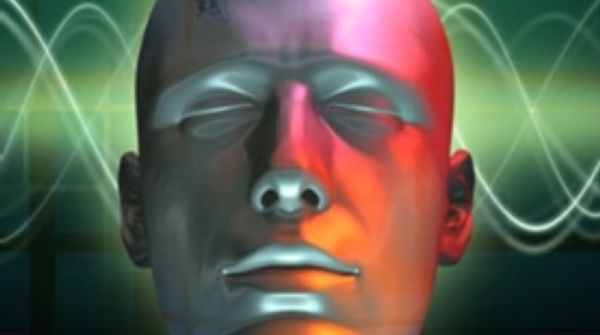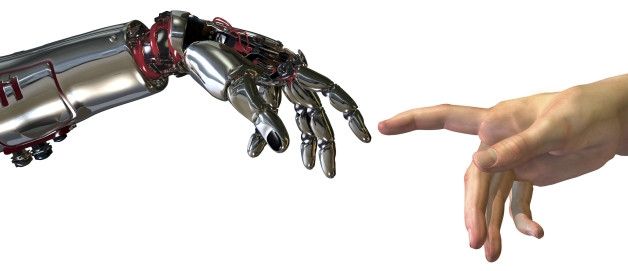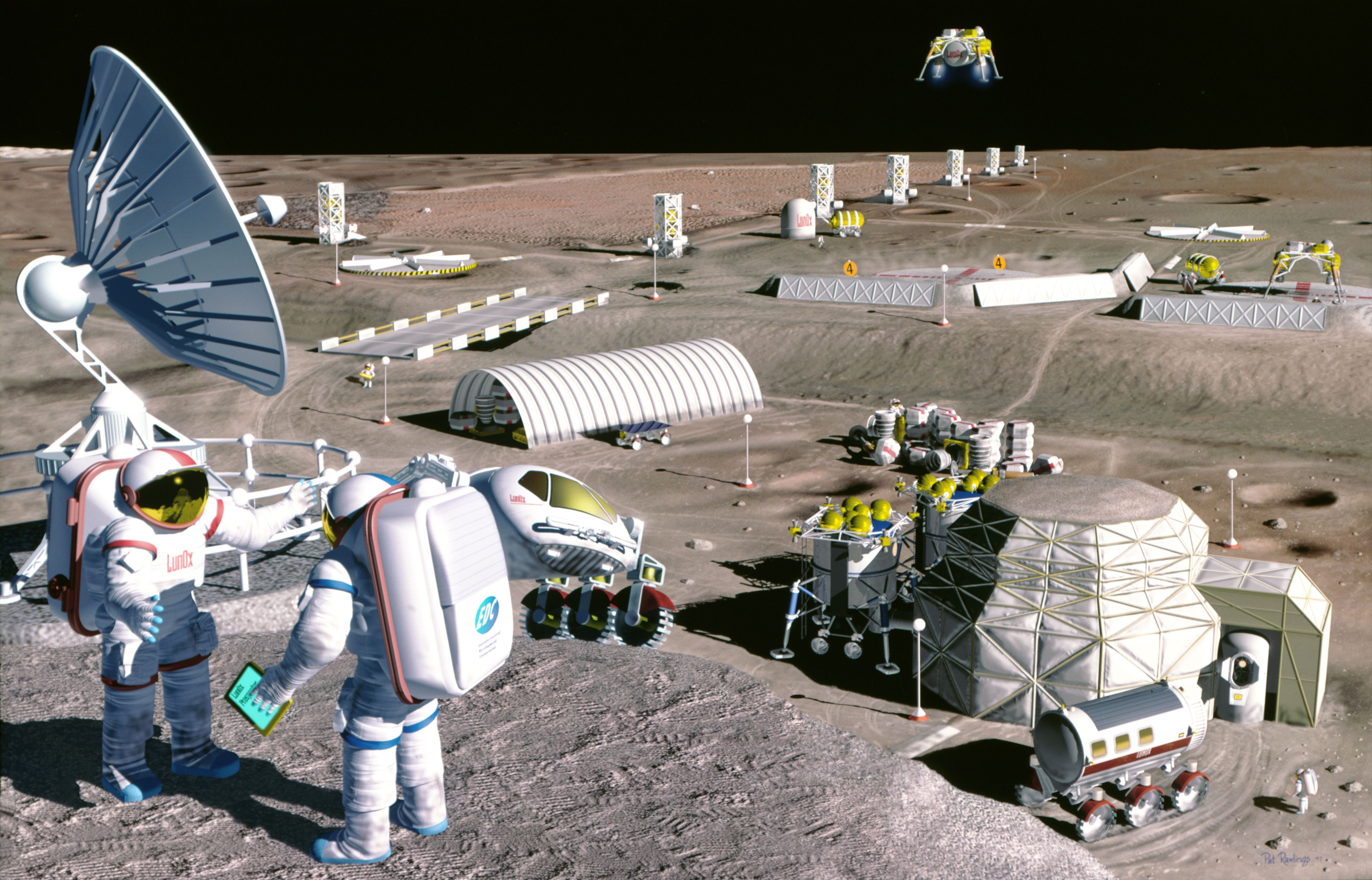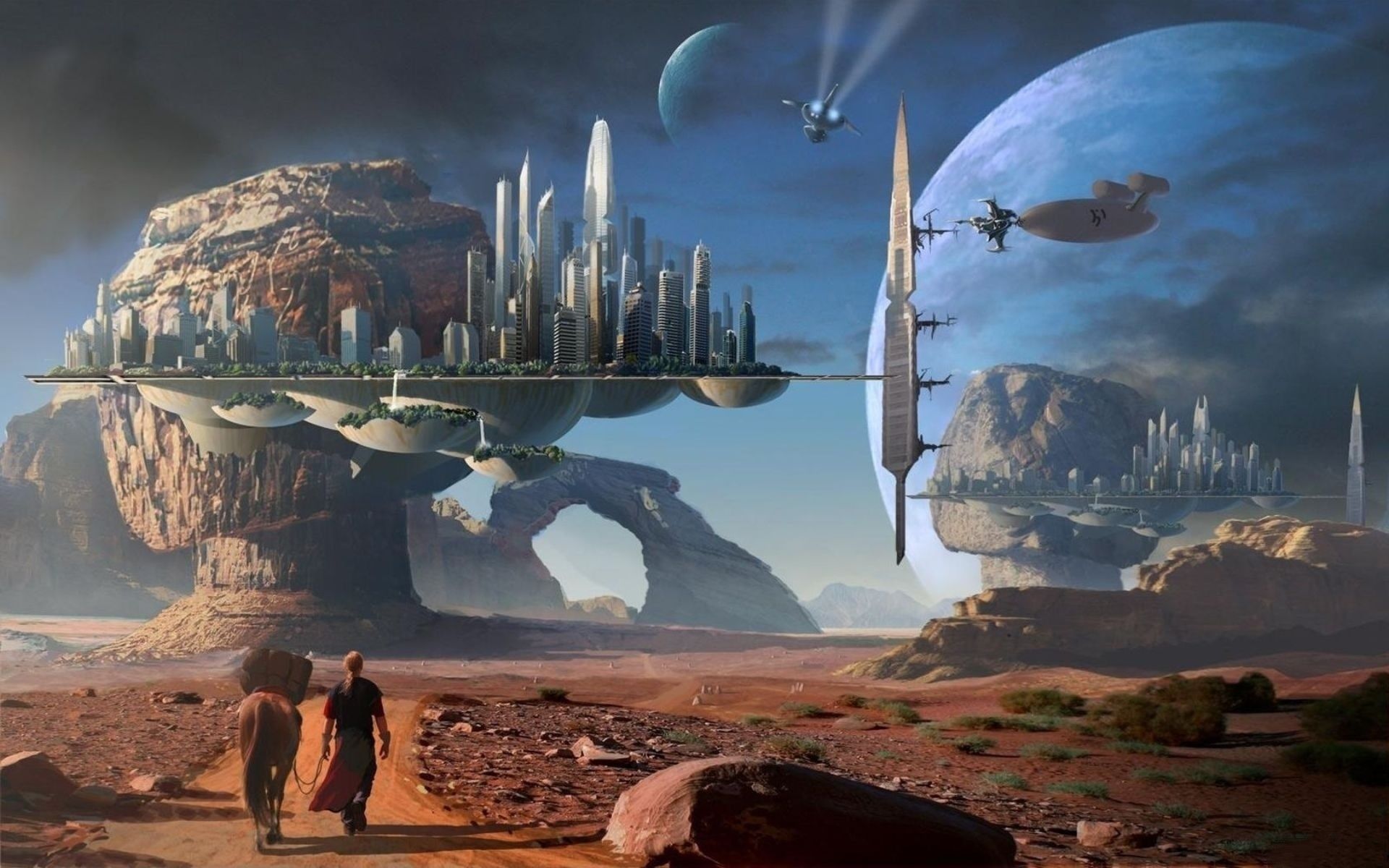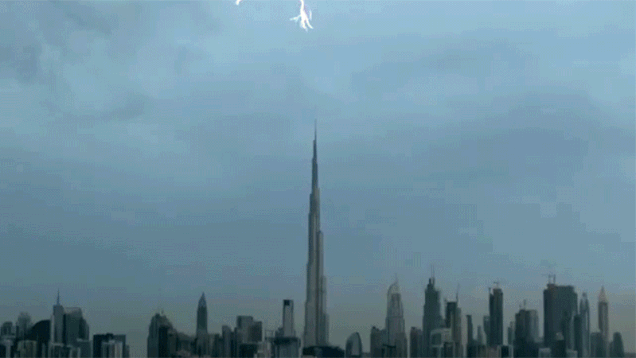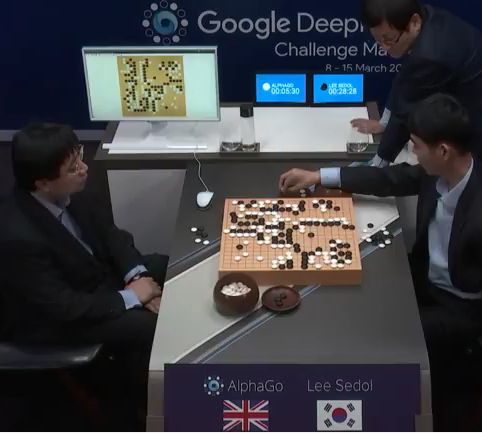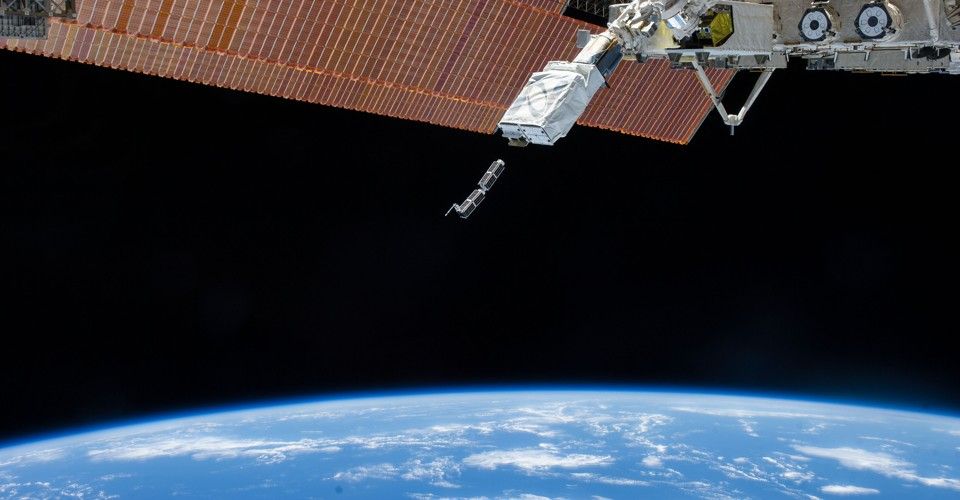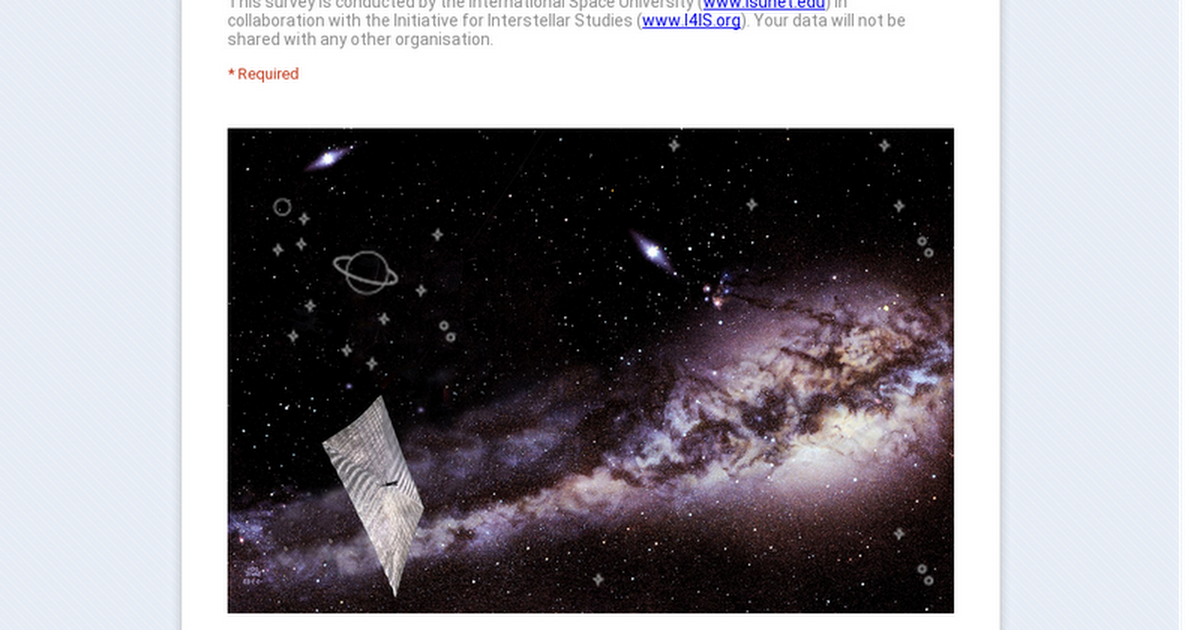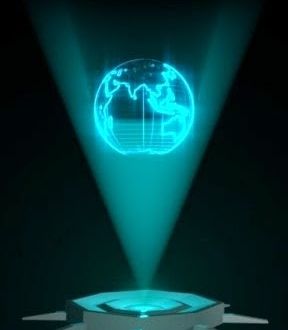
“A metaphorical chip holding all the programming for our universe stores information like a quantum computer.” This is the radical insight to the foundation of our Universe developed by Mark Van Raamsdonk, a professor of theoretical physics at the University of British Columbia, that says that the world we see around us is a projection from a set of rules written in simpler, lower-dimensional physics—just as the 2D code in a computer’s memory chip creates an entire virtual 3D world. “What Mark has done is put his finger on a key ingredient of how space-time is emerging: entanglement,” says Gary Horowitz, who studies quantum gravity at the University of California Santa Barbara. Horowitz says this idea has changed how people think about quantum gravity, though it hasn’t yet been universally accepted. “You don’t come across this idea by following other ideas. It requires a strange insight,” Horowitz adds. “He is one of the stars of the younger generation.”
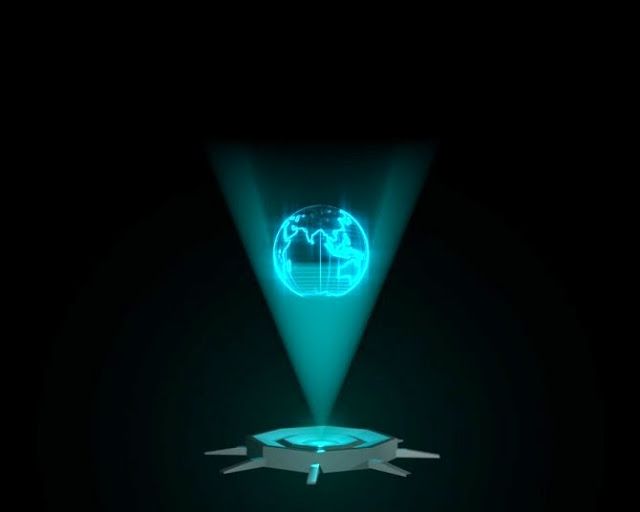
“We’re trying to construct a dictionary,” says Van Raamsdonk, that allows physicists to translate descriptions of our complex universe into simpler terms. If they succeed, they will have found the biggest jigsaw piece in the puzzle of a Grand Unified Theory—something that can describe all of the forces of our universe, at all scales from the atomic to the galactic. That puzzle piece is, specifically, something that can describe gravity within the framework of quantum mechanics, which governs physics on small scales. Such a unified theory is needed to explain the extreme scenarios of a black hole or the first moments of the universe.”
Continue reading “A Strange New Theory of How Space-Time is Emerging” »
